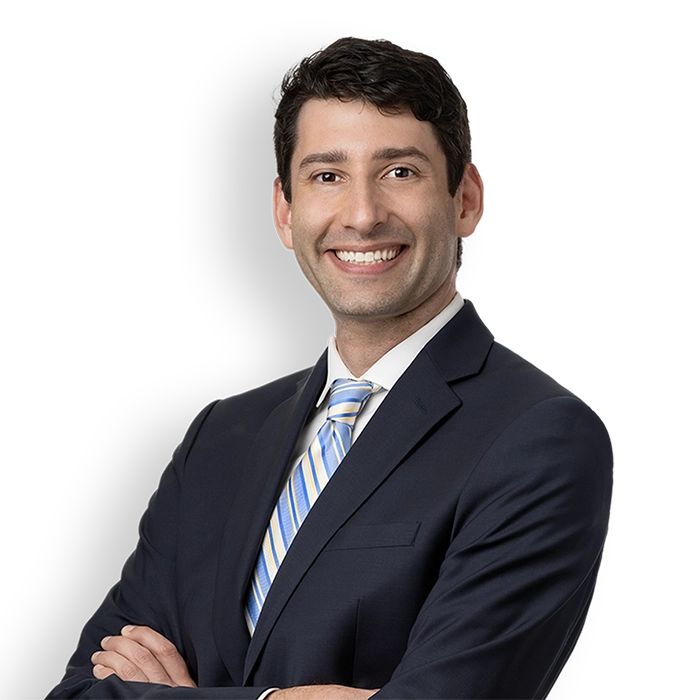Andrew Hayes

“Practicing health care law provides opportunities not only to assist and protect providers so they can better care for patients but also to play a role in how care is delivered and resources are allocated in the system as a whole.”
Andrew Hayes’ practice focuses on litigation and compliance counseling. His litigation practice includes False Claims Act and fraud and abuse litigation, Medicare and Medicaid reimbursement disputes, and other matters at the trial and appellate levels and in administrative proceedings or enforcement actions. Andrew’s ability to craft compelling narratives and to see issues from the point of view of regulators as well as providers form the foundation of his litigation approach.
In his compliance counseling, Andrew leverages his experience working on health information, electronic records, data privacy and security, interoperability, and related issues to assist his clients in navigating the complex regulatory landscape at the intersection of health care and technology. Prior to law school, he worked with several medical providers on Electronic Health Record projects, including at large academic medical centers and safety-net hospitals. He has also published research on health information exchange among providers in various contexts, including in medical, psychiatric, social services, and criminal justice systems. These experiences enable Andrew to provide sound, actionable advice on novel regulatory frameworks, including those relating to telehealth and health information blocking issues.
Andrew’s practice also encompasses investigations in response to qui tam whistleblower actions and inquiries from government agencies. In the context of an investigation, his experience in healthcare operations and systems allows Andrew to construct a clear record, despite the complexities relating to navigating volumes of health care data and diffuse decisions by clinicians and administrators.
In both his litigation and compliance counseling work, Andrew’s understanding of the minutiae of health care laws and regulations, the complex interaction of health care and technology, and the operational realities faced by providers help him develop strategies that result in positive outcomes. These skills benefit Andrew’s community through his pro bono projects in support of health equity and individual rights.
During law school, Andrew was an executive editor of the Duke Journal of Constitutional Law and Public Policy, student director of a Pro Bono Partnership with Legal Aid of North Carolina, a member of the Moot Court Board, and the director of an award-winning sketch comedy group. He also worked as a student attorney with the Duke Health Justice Clinic, and as an intern with the National Health Law Program, the Duke Center for Law and Technology, and Disability Rights North Carolina.